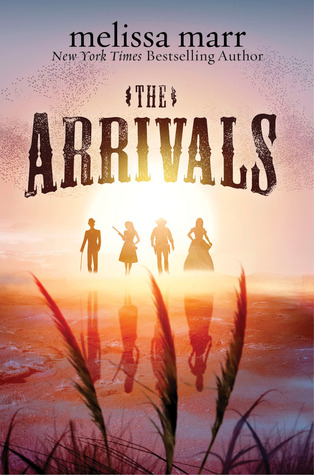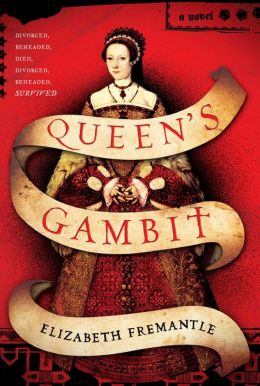
I've heard it said of late in the book world that the term "post apocalyptic" has become overused and trite; it's "over" as far as literary trends go. I disagree wholeheartedly with this assessment, as someone who loves to read and has written more than one tale of a future world of war and desperation. Even were that not the case, there's really no term other than gloriously post apocalyptic to describe Rob Ziegler's first book, Seed, a thrilling novel about the harsh future of the Human Race.
Severe climate change forces humanity in North America into a yearly migration pattern to plant crops in the North when the winter is over, then move back South to avoid the freezing weather extremes in the winter. These specially designed, genetically programmed seeds that withstand such a harsh environment all come form Satori, a strange and insular living compound built on top of what was Detroit.
Brood and his strange younger brother, Pollo, are migrant con men scratching out a living in competition with La Chupacabra, a massive organized crime ring preying on migrants. When they hear of a strange woman from Satori, the Corn Mother, who has defected and is starting an open settlement, Brood and Pollo are caught up in the search for this new little Eden. Brood makes it. But Pollo is swept off to Satori itself, with severe consequences.
Meanwhile Doss, an agent for the defunct U.S. government, is sent to find the Corn Mother. If the government can capture her and her genetic technology, and lessen their crippling dependency on Satori, they may have a chance to regain some influence. But stuck between Satori and La Chupacabra, Doss finds herself caught up in the fight of her life alongside Brood and an army of tough-luck child soldiers.
While Doss and Brood make their way toward the Corn Mother and each other, another part of the story unfolds within Satori itself: Sumedha, one of the genetically engineered humanoids who oversee Satori, searches for a genetic mutation that would allow humans to survive the harsh planetary climate like Satori does. Pursuing this genetic graft though will have severe consequences for Satori as a living thing, as well as bringing together Doss, Brood, Pollo and Sumedha to determine Satori's future and the future of humanity.
Even though the characters from each of these story branches don't come together until the very end, I felt the connection between them very keenly. Three very different protagonists with points of view that vary significantly all orbited around the central issue of Satori's presence and what it meant, lending complexity to the story without giving most of it away. A particular point of interest to me in this vein was the open animosity between Brood and La Chupacabra, often ending in blood, and how it was juxtaposed with Doss's status as a figure very well respected by the gang. She is even gifted by the gang's leader with two young Chupe soldiers as bodyguards.
Zeigler also does a wonderful job of creating a mentality for a hopeless migrant population entirely dependent on something that they fear, hate, envy, and don't understand: Satori. To keep themselves going they turn to crime, to drugs, to religion; to anything that will keep them going for one more day. The idea of the Corn Mother, leaving Satori to set up a new beacon of hope for migrant people, fell perfectly into this pattern of the search for something mystical and better.
I will say that if you don't speak Spanish, you'll have a hard time understanding most of the migrants, particularly Brood and Pollo, and members of La Chupacabra.
The complexity of Satori, a living building perfectly designed as a closed system to withstand the harsh environment, is truly brilliant and more than a little bit fascinating. Add to that the question of life versus sentience, and what a lack of sentience means for a living thing, and you've got an important ethical puzzle cleverly woven into an action-packed thrill ride of blood, guts, glory and desperation.
If you like Ender's Game-type moral and political complexity but are ready for something grittier and more visceral, I highly recommend Seed by Rob Ziegler. It was released in 2011, and is available now in both hardback and paperback. Just look for the awesome and distinctive cover art at your favorite local bookstore!






